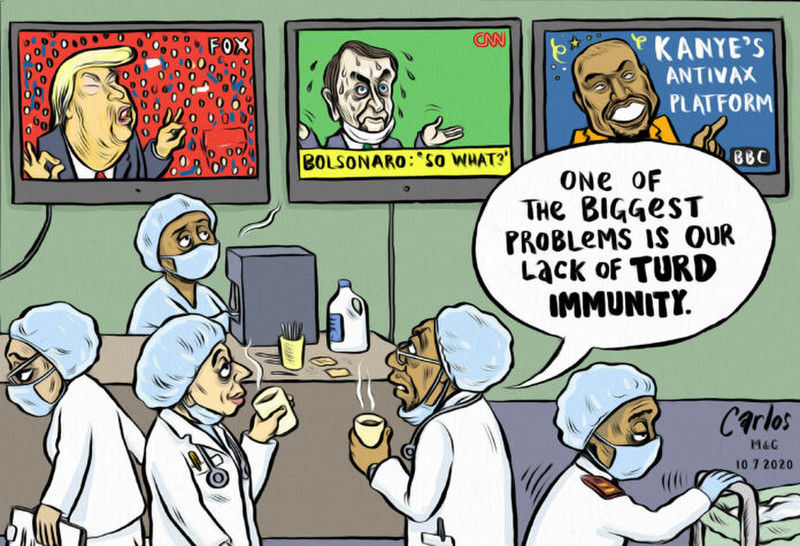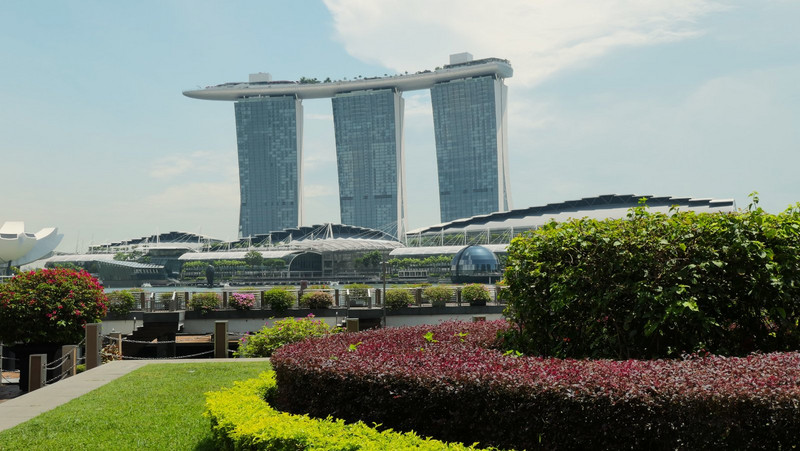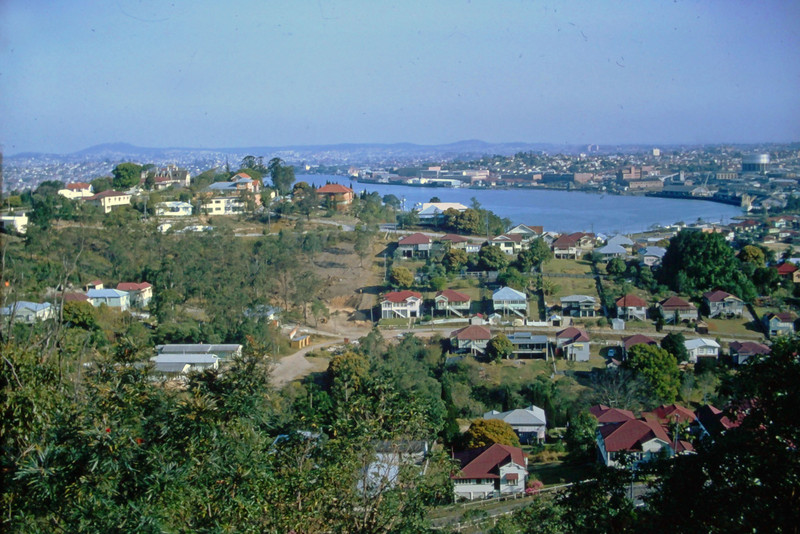Life is filled with unanswered questions, but it is the courage to seek those answers that continues to give meaning to life. You can spend your life wallowing in despair, wondering why you were the one who was led towards the road strewn with pain, or you can be grateful that you are strong enough to survive it. – J.D.Stroube
2020 rolls on towards its inevitable end but for many, many people around the globe, it will be a year best forgotten given the turmoil unleashed on humanity by Whilst it is no longer centre stage, this pandemic remains on the radar screen and will be there for some time into the future. How long? Well, the reality is that no one knows which in itself is scary as we humans would rationalise that by now, we should have figured out everything about this virus. Not quite! No vaccine in sight, no one size fits all therapeutic remedy and the virus continues to spread on a wide front across many countries.
The one certainty is that conversation around that camp fire at some point down the line, in some remote bush setting, will be fuelled
This is how our dudes see the difference between right and wrong! Key question...will he be arrested? CLICK TO ENLARGE
by many conversations about One question will be; so why did Africa experience such low levels of infection? After all, the continents relatively poor and overburdened health care facilities were predicted to be a major constraint in dealing with a deluge of infected people. Dire predictions were being made that Africa could see more than 300,000 deaths this year. But heres the thing; with the World now past the 1 million death count, Africa has racked up about 35,000 deaths in an infected population of 1.4 million. Africas 2.4 percent death favourably against Italys 11.9 percent and Britains 9.6 percent. Complicating the numbers in many African countries is undoubtedly the accuracy and recording of related deaths but nevertheless, the key question remains; how did Africa dodge the disaster which was forecast to unfold? Scientists have provided a number of possible reasons. Firstly, there is the youthful population factor (62 percent of Africas population is under 25 years of age and only 3 percent over 65 years of age) and then many people would not have been exposed to foreign travellers at airports and other ports of entry to the extent of most other countries
and regions. It is also speculated that the TB vaccine administered to children may have helped to reduce deaths. Another key factor is that the virus hit Africa later than other regions providing time for health authorities to prepare field hospitals and learn from treatments being applied elsewhere. It was also evident that many African countries, South Africa in particular, imposed harsh lockdowns. No clear answers when one considers that more than half the continents population slums where sanitation is mostly very poor. Did previous disease outbreaks result in improved resistance to the coronavirus?
Recently a whole bunch of medical scientists, actuaries and the like have signed a document entitled The Great Barrington Declaration. In essence these eminent scientists are proposing an alternative to the lock downs in place at the behest of often, out of touch politicians. They do not down play the seriousness of the pandemic but state that for those people considered as low risk, every effort needs to be made for them to revert back to normal lives. School kids need to be back in school or charging around the playground and sports fields. All vital for their development. Their basic thesis is
that this virus targets the vulnerable (people respiratory problems, obesity and folk over age 70) and has little impact on the rest of the population. The lock downs served their earlier purpose but the fall out in terms of collapsing economies, unemployment, starvation and massive health and unrelated to has far exceeded the direct impact of the virus.









